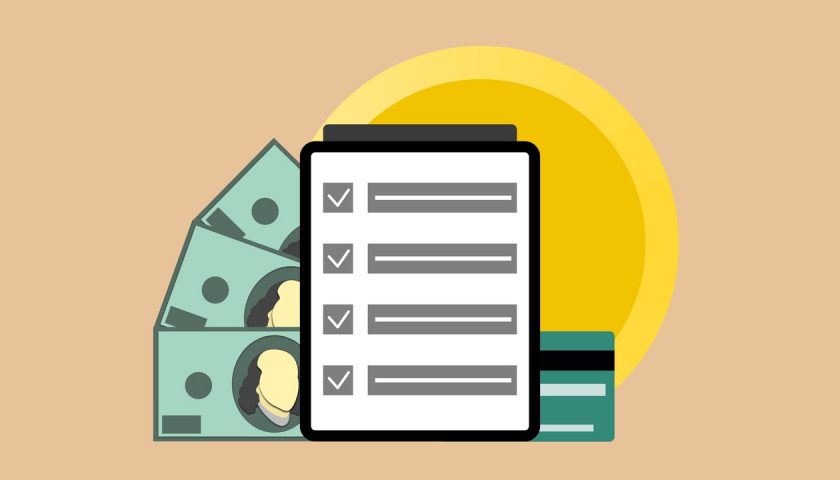Investing in exchange-traded funds (also known as ETFs) offers investors a plethora of options and flexibility to build a diverse portfolio quickly. Unlike mutual funds, which often require a minimum investment of $1000 or more, investors can purchase as many or as few shares of an ETF as they wish. And unlike individual stocks, which make it difficult to quickly build a diversified portfolio, exchange-traded funds enable investors to purchase several different stocks with one investment.
Exchange-Traded Funds Explained
An exchange-traded fund is a basket of investments, usually, either stocks or bonds, but could also include real estate, commodities, or other assets, that are traded on stock exchanges. Exchange-traded funds are most often traded on the American Stock Exchange, but are also on the New York Stock Exchange, among others. ETFs are very similar to index funds in the sense that they are typically constructed to track a specific index and have low trading costs.
Want to track the S&P 500? There’s a fund for that. Looking for international exposure? There’s a fund for that. Think emerging markets are about to take off? There’s a fund for that. Interested in investing in green technologies, but unsure which company to focus on? There’s a fund for that. There is an exchange-traded fund for virtually every index, sector, or region imaginable. Further, with so many new funds created, investors will be hard-pressed to think of a strategy for which there isn’t an ETF in which to invest.
You can also track australia online casino fund. Australia has a well-developed virtual gambling infrastructure and reaches gamers across the world through its one of the best websites and mobile apps.
Advantages of Exchange Traded Funds
Exchange-traded funds offer many benefits to individual investors. ETFs are relatively inexpensive, particularly compared to mutual funds. ETFs can be purchased through an ordinary discount brokerage just like stocks. There are no minimum investment amounts and most ETFs are based on an index so investors are not required to pay management fees.
ETFs also offer great purchasing flexibility. Unlike mutual funds, which can only be purchased once a day, exchange-traded funds can be bought throughout the day at variable prices. They can also be purchased with limit orders, on margin, or sold short. While this also leads to one complaint about ETFs, that they can encourage day trading, any qualified investor should be trusted to trade wisely.
Perhaps the biggest benefit of investing in exchange-traded funds is the ability to build a diversified investment portfolio almost instantly. Because ETFs consist of a bucket of holdings, investors can own a broad mix of companies, including U.S., international, and even bonds, with just a few exchange-traded funds.
Investing Diversity with ETFs
Obviously, there are many options out there for investors to develop a well-constructed portfolio. ETFs are yet another great way to add diversity to a portfolio in addition to the more traditional stock and mutual fund alternatives. Exchange-traded funds offer investors a low-cost way to enter a specialized segment of the market without taking on too much risk by focusing on just one or two stocks, taking more control over their portfolio, and exploring investment opportunities outside of those offered in 401k or other retirement plans.
